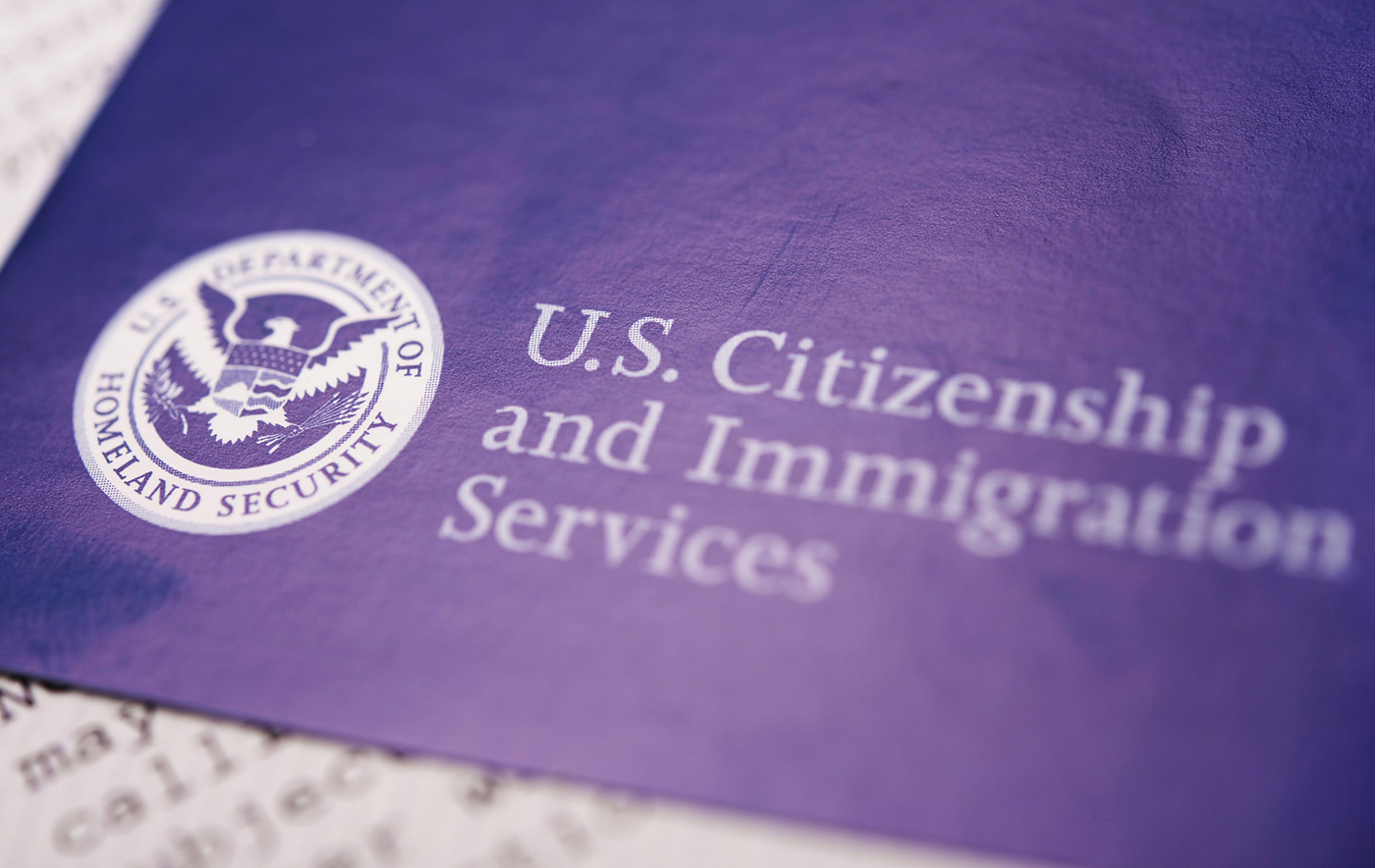Navigating the complexities of U.S. immigration law can be daunting, especially when dealing with the status of a loved one. For U.S. citizens with undocumented spouses or stepchildren, Form I-131F, Application for Parole in Place, offers a crucial opportunity to address these immigration challenges. This blog will guide you through filing Form I-131F, ensuring you understand each step and increase the likelihood of a successful application.
What is Form I-131F?
Form I-131F is used to request Parole in Place (PIP) for certain noncitizen spouses and stepchildren of U.S. citizens. Parole in Place allows these individuals to remain in the U.S. legally while their immigration status is adjusted. It doesn’t grant permanent residency but provides legal status to avoid deportation and facilitates a more stable legal status for the applicant.
Eligibility for Parole in Place
To be eligible for Parole in Place, the following conditions typically need to be met:
- Immediate Family Relationship: The applicant must be a spouse or stepchild of a U.S. citizen.
- Presence in the U.S.: The applicant must currently be in the U.S. and not have been deported or removed.
- Good Moral Character: The applicant should demonstrate good moral character, with no serious criminal history.
Step-by-Step Guide to Filing Form I-131F
1. Obtain the Form
Download Form I-131F from the U.S. Citizenship and Immigration Services (USCIS) website. Ensure you are using the latest version of the form to avoid any processing delays.
2. Complete the Form
Carefully fill out Form I-131F. The form requires detailed information about the applicant and the U.S. citizen sponsor. Key sections to focus on include:
- Part 1: Information about the U.S. citizen petitioner.
- Part 2: Information about the noncitizen applicant.
- Part 3: The reason for requesting Parole in Place and any additional information that supports the request.
Ensure all information is accurate and complete. Errors or omissions can lead to delays or denials.
3. Collect Supporting Documents
Submit the following documents with your application:
- Proof of U.S. Citizenship: Such as a birth certificate, passport, or naturalization certificate.
- Proof of Relationship: Marriage certificates for spouses or birth certificates for stepchildren.
- Proof of Applicant’s Presence in the U.S.: Documents like utility bills, lease agreements, or employment records.
- Evidence of Good Moral Character: This can include police clearance letters, affidavits from community members, or other supporting evidence.
- Passport-Style Photos: Recent photos of the applicant as per USCIS specifications.
4. Pay the Filing Fee
Check the USCIS website for the most current filing fee for Form I-131F. Payments are typically made by check or money order, payable to “U.S. Department of Homeland Security.”
5. Submit the Application
Mail the completed Form I-131F, along with all supporting documents and the filing fee, to the appropriate USCIS address. As of the latest update, you should send your application to:
USCIS Texas Service Center
P.O. Box 851722
Mesquite, TX 75185-1722
Or, for express mail services:
USCIS Texas Service Center
4141 N. Central Expressway, Suite 300
Dallas, TX 75204
Always double-check the address on the USCIS website or the form instructions, as addresses can change.
6. Track Your Application
After submitting your application, USCIS will send you a receipt notice. Use the receipt number to track the status of your application online. Processing times can vary, so monitor the status regularly.
Additional Considerations
- Seek Legal Advice: Immigration law can be complex. Consulting with an immigration attorney can provide valuable assistance and ensure your application is complete and accurate.
- Stay Updated: Immigration policies and procedures can change. Regularly check the USCIS website or consult with a professional to stay informed about any changes that might affect your application.
Final Thoughts
Filing Form I-131F for Parole in Place can be a significant step in securing legal status for your undocumented spouse or stepchild. By carefully following the instructions, providing thorough documentation, and seeking professional guidance if needed, you can navigate the process more effectively and increase the chances of a successful outcome.
For the latest information and updates, visit the USCIS website or consult with an immigration attorney.


